
Page speed is basically the amount of time that a page needs in order to be completely loaded. There are many different factors that determine how fast or even how slow a certain web page will load. Two that stand out the most are the web host and the design of the website. These can be optimized in order to speed up the loading time of a website. This speed is important, for both, the web users and search engines, which is why developers should do all they can in order to ensure that their websites are loading fast.
1. You might lose visitors

Page speed has a great impact on the user experience, which is why a lot of users are less likely to stay on a certain website if it is taking a long time to load. You need a positive user experience on your website, because this is what will lead to better conversions. For this reason, web developers should not compromise on website speed for anything, whether it is the appeal or feel of the website. If you are selling products on your website, a fast website will make it easy for your visitors to quickly go through it and understand what you are offering. Conversion also becomes faster as they are able to complete the order forms faster. This will translate to a better bottom line in the end. If you are using ads to generate revenue through your website, a quick website will give you more views for a better income in the end.
2. It is important to Google
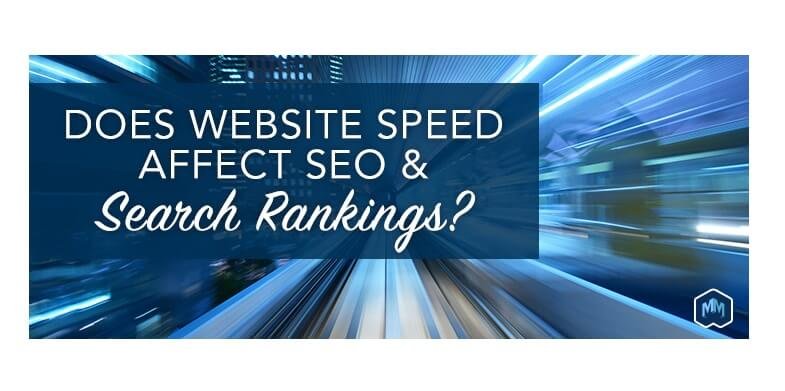
Google uses page speed to determine where a website should be ranked. If your website is slow, you might not get a good ranking. The effect of this is that your users will find it hard to find you when they launch a Google search. Google cares about user experience too, which is why your website may even be disqualified if it loads slower.
Many web developers however, focus on better aesthetic design, more content and new and effective functionality more than they do on website speed, and they end up creating websites that fail even when they are some of the best designs on the web. It is important to know that the speed of your website matters since quick loading websites perform better on every front, whether it is in the search engines, in engaging users and also in giving users an exciting experience.
3. Unoptimized browser, plugins and app
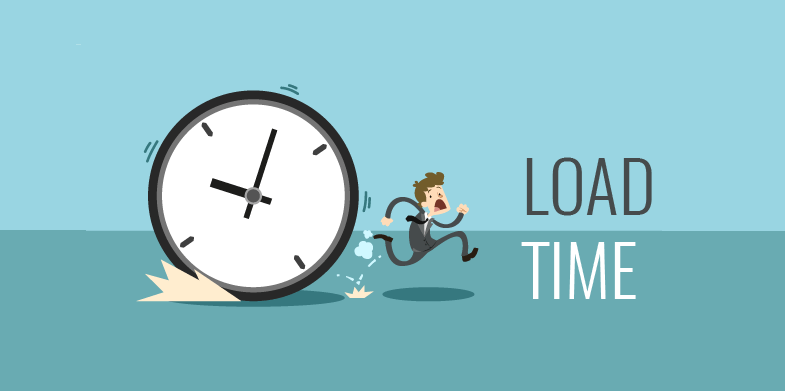
It is always important to test your website on different browsers in order to see how fast it loads. Once done, you can speed things up so as to give all your users using different browsers the same great experience. Again, those apps that use Flash can lower your website’s loading speed. It is important to optimize them too, in order to improve on the speed. Ideally, it is worth noting that the average website visitor will stay on the website for 7 seconds before losing patience. Therefore, everything should be loaded at this time.
4. Poor choice of a web host
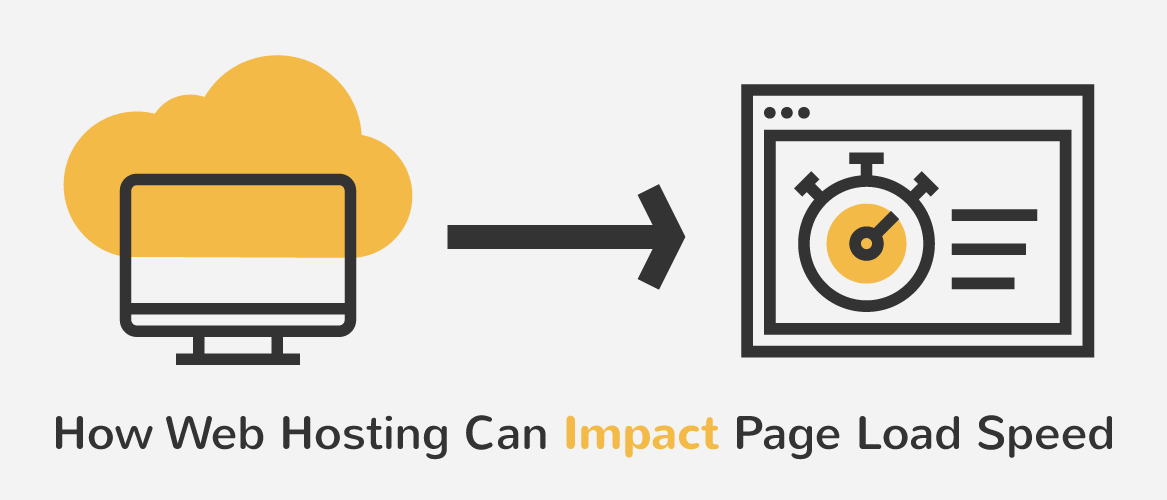
Web hosts determine by a great extent how your website will perform at all times. If you go for a cheap web host for instance, you might end up paying for it with a poorly performing website. It is therefore important to pick your web host carefully, according to the size of your business.
5. Use of a complicated theme
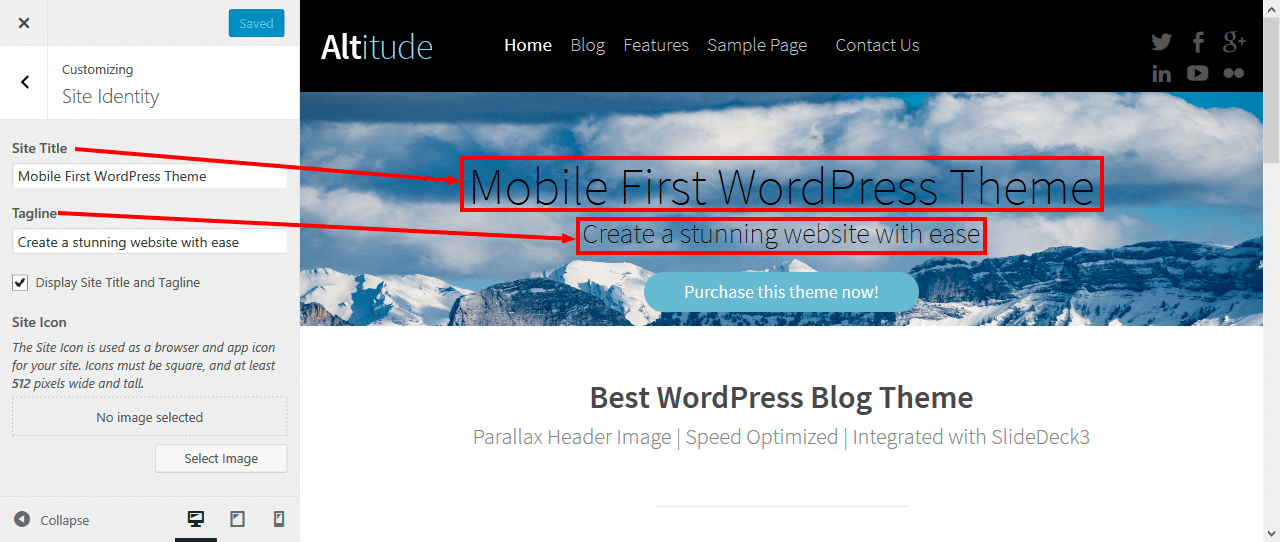
The kind of theme you choose for your website determines its performance and loading time too. There are those themes that are pretty heavy and these are likely to slow down a website because they usually have a lot of effects and designs. Keeping it simple is the best choice you can make.
6. Failure to use a content delivery network
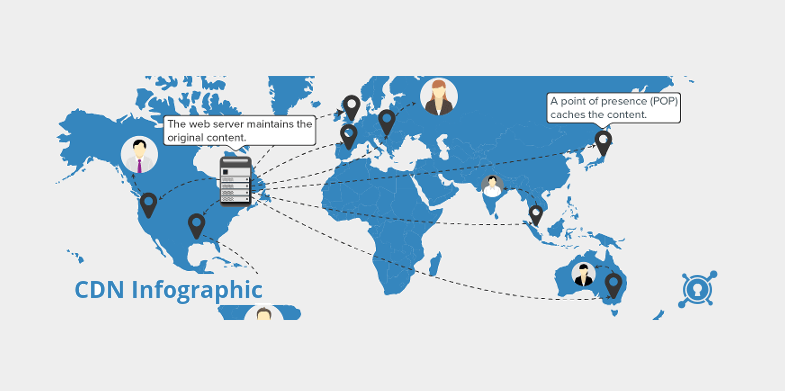
This is an interconnected network of computers on the internet, which provides website content in an instantaneous manner to multiple users. It does this by replicating the content on several servers and delivering it to users depending on their location. This is very helpful as it can prevent your website from crashing as a result of an overflow of traffic. CDN will reduce your server load, speed content delivery and ensure data integrity among other benefits.
7. Ads

Too many ads on your website will not only bother your visitors but also lower your page speed. Imagine the frustration many website users go through in trying to get to certain content but they cannot because of the many ads on just one page. Limiting the number of ads per page is an effective solution to this. You can also use asynchronous ad codes to allow your ads to load separately from the rest of your web pages.
8. Large-sized images

Your website speed is usually determined by the total demand that is placed on the server. If you are loading images, your request to the server will slow down the website especially if these images are in large sizes. It is important to stick to normal images in order to give your users a better experience. You can optimize your website images in order to accelerate your page’s loading speed. There are tools available today, for instance GTMetrix, which you can use in order to find out how your website is performing in this attribute. If your website is still slow, you can compress your images using a photo editing software in order to eliminate the entire unnecessary white page, and this should improve your website speed.
A fast website is likely to be ranked higher in search engines like Google, making it visible to millions of web users across the globe today. It is also highly likely to land more new customers everyday. The success of a website is therefore mainly determined by how fast it loads. It is important for web developers to work on their page speed as a way to improve the performance of their website.